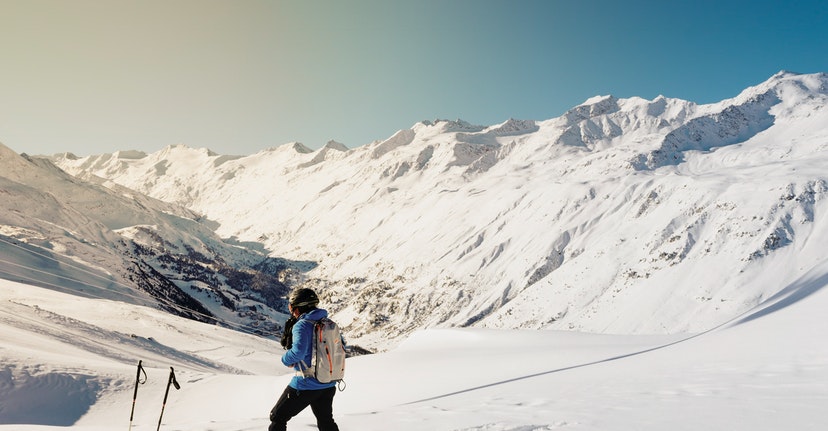Ski Resorts Look Toward an Unconventional Season
After a Truncated Season, Skiing Returns
When the COVID-19 pandemic first hit, the ski industry lost an estimated $2 billion due to canceled spring break trips. Ski resorts say spring break is their second-most lucrative period. Winter vacation, typically the most profitable period for the ski industry, is fast approaching. As COVID-19 cases around the country surge, resorts are concerned that this winter could be even more detrimental than the spring was.
The 2019-20 season was on track to be the fourth best in the United States since the 1970s. The National Ski Areas Association estimates that over 51 million people went skiing and snowboarding in the US before March shutdowns. However, demand at many resorts has fallen because of economic downturn and concerns about COVID-19.
International Business Worries
The pandemic has had a different impact on various types of ski areas. Some small resorts that cater to people within driving distance have actually seen an increase in demand, as families look for ways to get out of the house at a time when many indoor activities are canceled. This has resulted in logistical challenges for these ski areas as they try to meet demand while also keeping people distanced and safe in public spaces. These types of resorts are asking people to stay outside while they can and to put on their gear while still at their cars.
For destination resorts that mostly cater to international travelers, the logistical challenges are different. Vaccine distribution is still far in the distance for most people, and many travelers are still wary of crowded airplanes. For Aspen Snowmass, the Colorado resort that hosts skiers from around the world on its 350 trails, this season will likely be less profitable than most. The resort expects it will lose as much as 80% of its international business this year.
Ski Resorts Could See Post-Pandemic Success
Analysts who have been watching ski stocks say they have performed surprisingly well this year even before coronavirus vaccine distribution began. Over the summer, more people started golfing as a hobby. The sport is perfect for the pandemic era because it is possible to stay distanced from other golfers on the green. The same could be true for skiing this winter. In the spring, COVID-19 was so new that resorts had not yet put systems in place to keep people safe, but now they are working on measures to make sure that consumers can enjoy the slopes without congregating in crowded areas.
Additionally, analysts expect that pent-up demand for skiing and other leisure activities could lead to a boom once more of the population is vaccinated against COVID-19. Many resorts are selling passes in advance now to set themselves up for future success even as they deal with challenges in the present moment.
Please understand that this information provided is general in nature and shouldn’t be construed as a recommendation or solicitation of any products offered by SoFi’s affiliates and subsidiaries. In addition, this information is by no means meant to provide investment or financial advice, nor is it intended to serve as the basis for any investment decision or recommendation to buy or sell any asset. Keep in mind that investing involves risk, and past performance of an asset never guarantees future results or returns. It’s important for investors to consider their specific financial needs, goals, and risk profile before making an investment decision.
The information and analysis provided through hyperlinks to third party websites, while believed to be accurate, cannot be guaranteed by SoFi. These links are provided for informational purposes and should not be viewed as an endorsement. No brands or products mentioned are affiliated with SoFi, nor do they endorse or sponsor this content.
Communication of SoFi Wealth LLC an SEC Registered Investment Advisor
SoFi isn’t recommending and is not affiliated with the brands or companies displayed. Brands displayed neither endorse or sponsor this article. Third party trademarks and service marks referenced are property of their respective owners.
SOSS122203



